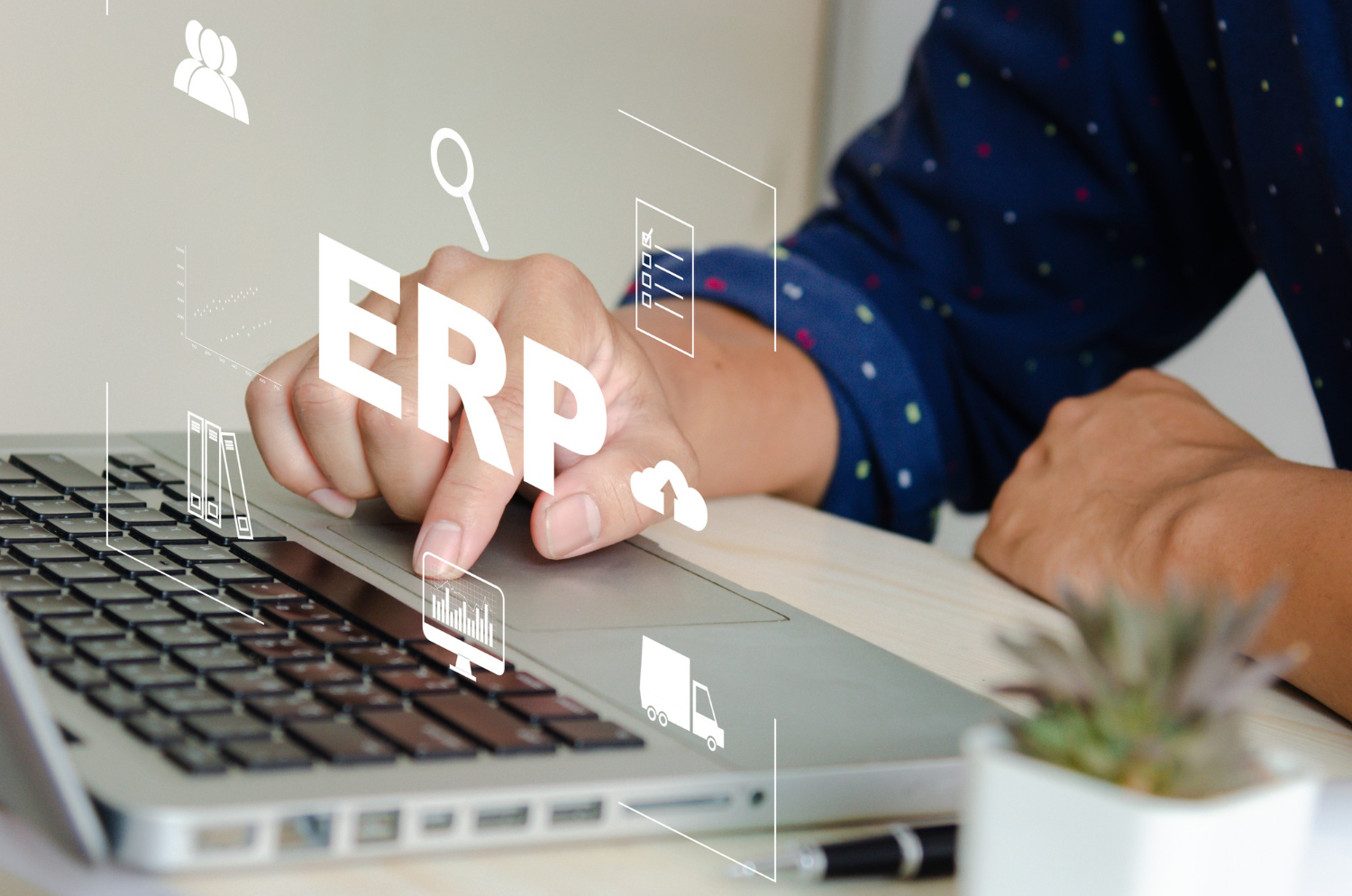Enterprise resource planning systems, or ERPs, have already been known to companies since the 1960s when tractor and construction machinery manufacturer J.I. Case partnered with IBM to develop the first material requirements planning (MRP) solution. Modern ERP systems, although quite different from their predecessors, have recently seen a new twist in development with the introduction of cloud technology. Although more and more enterprises are moving to cloud solutions, it is still possible to deploy on-premises systems. In this article, you will learn what you can gain with a cloud ERP.
Lower Costs and Reduced Time of Implementation
The financial benefit of implementing a cloud ERP system is itself enough for many companies to choose it over on-premises software.
Even though the adoption of a cloud ERP system still requires resources as you need to recreate the structure of your organization within the frames of the software product and also prepare your company’s data, with a cloud solution you no longer need to invest in a physical infrastructure.
For example, with Microsoft Dynamics 365 Finance and Supply Chain Management you will be able to access the applications directly from your Internet browser, without installing additional software, let alone purchasing special hardware.
Additionally, you can rest assured that Microsoft will take care of the security of your data and you will not have to pay for separate cybersecurity solutions.
Find more advantages of Cloud ERP at: https://xplusglobal.com/blog/10-benefits-of-cloud-erp/
Cost-Effective Licensing Agreements
Lower deployment costs for your solution are not the only way to save money with a cloud-based ERP product. Some cloud software, such as Microsoft Dynamics 365 FSCM, offers a flexible licensing plan that differs significantly from the fixed annual licenses of on-premises products.
This option allows you to change your license on the go as it is based on the exact number of users and their access to the software features. Thus, the more users you have, the more you have to pay. At the same time, the cost is also based on the amount of functionality you allow users to work with.
Both the number of users and their permissions can be modified at virtually any time, which automatically changes the monthly license fees.
Enhanced Scalability
Companies that rely on cloud ERP systems do not have to invest as much in hardware as users of on-premises software. Certainly, there are certain limitations to using cloud ERP systems with equipment that is too weak or outdated, but in most cases, enterprises that have adopted cloud solutions should be primarily concerned with Internet connectivity. What is even more important is the fact that the hardware does not have to be constantly upgraded to handle frequent system updates.
This results in much higher scalability than the scalability supported by conventional ERP systems. In addition, cloud software allows companies to customize their functionality whenever necessary. Cloud ERP systems like Microsoft Dynamics 365 FSCM allow to remove and add users and modules with the click of a mouse. In addition, FSCM has an extended offering for integration with other products as it can be easily used with numerous other applications developed by Microsoft. It is a unique ERP system that can be connected with another important product, a customer relationship management system (CRM).
This way, you can ensure that your software is always optimized for the current condition of your business, and not only for its growth but also for possible downsizing. Meanwhile, with a flexible licensing plan, you will always get the best price based on your company’s current needs.
Improved Accessibility
Cloud ERP systems are also more convenient because they can be used on the go.
Regardless of the job of the person who needs to use the software, whether it is an accountant working in the office, a field worker, or a delivery person, they will always get access to the same version of the ERP system because as soon as there is any update, the software is automatically updated on all devices.
This makes it much easier to work for field workers or other employees who work outside the office, including remote workers.
Better Communication and Smoother Data Flow
Since employees have access to identical versions of the software, they also work with the same data. Real-time data updates are critical to the flawless functioning of any organization, ensuring that everyone involved in the business process has access to the same, most accurate data and can make decisions more accurately.
These features improve the flow of data across the enterprise and enhance communication, even across geographically dispersed teams.
Increased Security and Data Safety
An access-based licensing plan discussed earlier is also an important security feature, as it protects data from being accessed by users whose work does not require the use of that information. Unlike annual plans that grant full access to the entire functionality of an ERP solution, a flexible plan makes it easier to prevent unauthorized access to the system.
Reputable ERP systems now invest in state-of-the-art cybersecurity solutions to provide the highest level of data protection that companies using on-premises ERP systems must organize themselves.
In addition, cloud ERP software comes with backup functionality that is not available to users of on-premises solutions. This can be of great benefit not only if certain records are accidentally or intentionally removed, but also as a safeguard against disasters. Unfortunately, locally installed ERP systems require on-site data storage that can be easily destroyed in the events of floods, fires, earthquakes, or terrorist attacks, which, although may seem unlikely, happen every day around the world. Moreover, cloud software is the best protection against ever-growing ransomware attacks, in which malicious actors gain access to a device and encrypt the data stored there, which they promise to decrypt only once a substantial payment is made.
Read Also:
STORAGE OF HUGE VOLUMES OF INFORMATION WITH ERP SYSTEM APPLICATION
The post What Are the Advantages of Cloud ERP? appeared first on Social Media Magazine.

